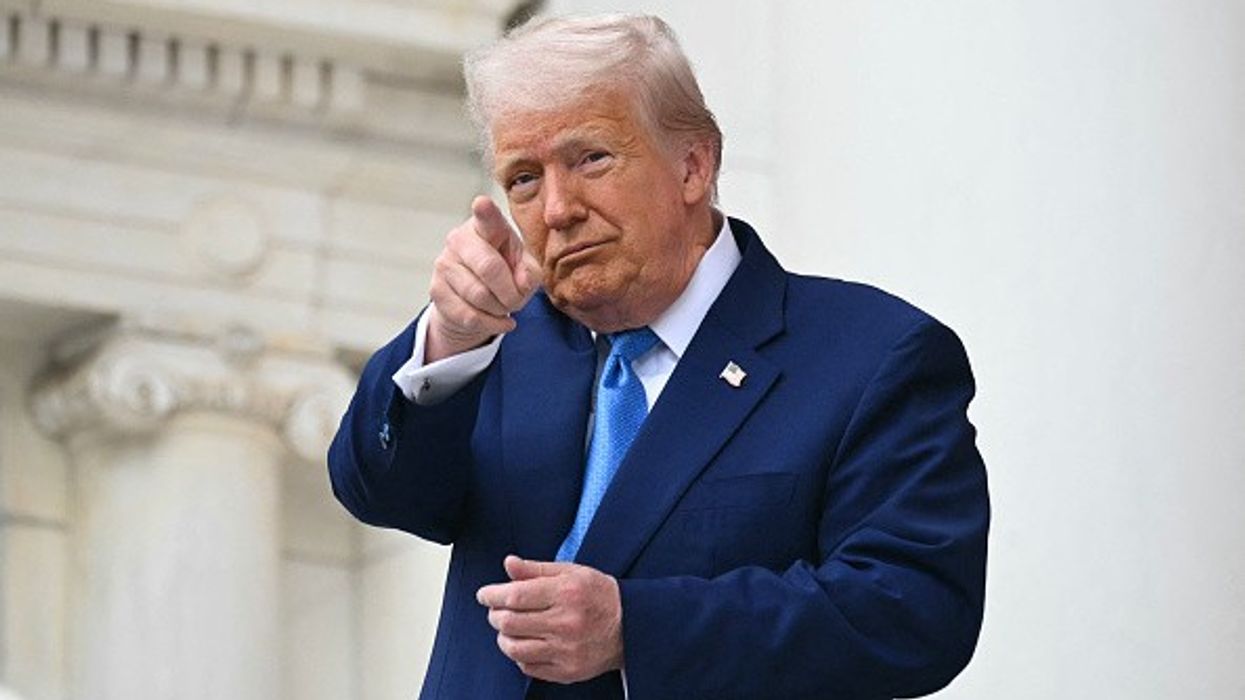MORE than a week after an Air India flight crashed in Ahmedabad, 220 victims have been identified through DNA testing and the remains of 202 of them handed over to their families, Gujarat health minister Rushikesh Patel said on Friday.
The London-bound Air India flight AI-171 was carrying 242 passengers and crew when it crashed on June 12, killing all but one person on board. Nearly 29 others were killed on the ground when the aircraft hit a medical complex in Meghaninagar shortly after take-off.
Authorities have been using DNA testing to identify the victims as many bodies were charred or damaged beyond recognition. “So far, 220 DNA samples have been matched, and relatives of these victims were contacted. The mortal remains of 202 victims have already been handed over to their kin. The process to identify more victims is underway,” Patel said.
According to Patel, among the 202 identified individuals, there are 160 Indians — including 151 passengers — along with seven Portuguese nationals, 34 British nationals and one Canadian.
ALSO READ: Leicester to observe silence for Air India crash victims during Rathayatra festival
He added that 15 sets of remains were sent by air, while 187 were transported by road. Earlier, the state government had said DNA samples were collected from 250 victims, including those on board and those killed on the ground.
Airline says aircraft was 'well-maintained'
Air India, in a statement on Thursday, said the aircraft involved in the crash was properly maintained before the flight. “The plane was well-maintained, with its last major check in June 2023,” it said.
“Its right engine was overhauled in March 2025, and the left engine was inspected in April 2025. Both the aircraft and engines were regularly monitored, showing no issues before the flight,” the airline said.
Indian authorities have not yet released the cause of the crash involving the Boeing 787-8 Dreamliner. The Aircraft Accident Investigation Bureau said the investigation was “progressing steadily.”
“Key recovery work, including site documentation and evidence collection, has been completed, and further analysis is now underway,” the bureau said.
At least 38 people died in the residential neighbourhood the plane struck. The crash resulted in widespread destruction, making identification of some victims difficult. Civil hospital medical superintendent Rakesh Joshi said that by Thursday evening, 215 victims had been identified by DNA testing, all but nine of them passengers.
Joshi added that the remains of about 15 victims had been transported by air. Six people injured in the crash remain hospitalised, with one expected to be discharged soon and the others in stable condition.
Details of passengers and crew
According to Air India, the flight had 169 Indian passengers, 53 British nationals, seven Portuguese and one Canadian on board, in addition to 12 crew members.
The airline also shared details of the flight crew. “The flight was led by Captain Sumeet Sabharwal, a highly experienced pilot and trainer with over 10,000 hours flying widebody aircraft,” it said. “First Officer Clive Kunder had over 3,400 hours of flying experience.”
The aircraft caught fire shortly after take-off and crashed within minutes, turning into a fireball as it fell onto the ground.
India’s civil aviation regulator said preliminary checks on other Dreamliner aircraft had not revealed any major safety concerns since the incident.
(With inputs from agencies)


















